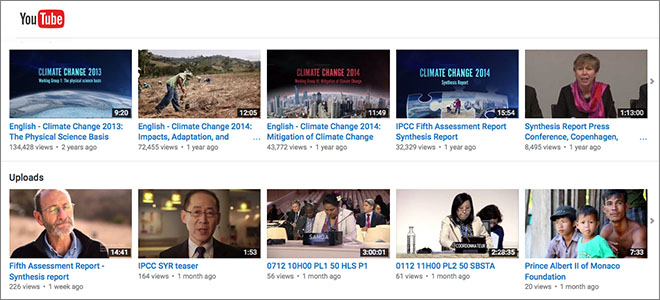New York Time Dot Earth
February 8, 2016
by Andrew C. Revkin
In a 2011 post on the limits of climate science communication in shifting public policies or personal behaviors, I called myself a “recovering denialist,” laying out my reasoning this way:
My denial, I said, lay in my longstanding presumption, like that of many scientists and journalists, that better communication of information will tend to change people’s perceptions, priorities and behavior. This attitude, in my view, crested for climate scientists in the wake of the 2007 report from the Intergovernmental Panel on Climate Change.
Despite substantial introspection and external analysis since 2007, the United Nations climate panel has seemed persistently locked in an antiquated view of how to improve its communication efforts, largely oblivious to the “new communication climate” out there.
Thankfully, on Tuesday and Wednesday, the climate panel is holding its first “expert meeting” on climate communication, in Oslo (there’s a long list of earlier special sessions on a variety of scientific issues).
Here’s the goal:
The main objective of the meeting is to increase the efficiency and impact of communications of I.P.C.C. findings across the world.
This workshop is long overdue, and a hopeful sign that panel leaders (and, just as importantly, the nations that created the I.P.C.C. in 1988, pay for its operations and look forward to its sixth set of reports later this decade) recognize there’s work to be done.
But there are some warning signs pointing to lingering problems.
Fear of the “Internets” | Until Saturday, resistance from some participants almost prevented the workshop from being streamed online so that interested people anywhere in the world could watch the presentations. After questions were raised (by me and presumably others), a public webcast was set up, along with a Twitter hashtag (#IPCCoslo), allowing participants and viewers to exchange thoughts in a wall-free way.
The link to the video player is here.
It’s great to see the change. In a note to the panel headquarters over the weekend, I explained my concerns this way:
There’s simply no downside to opening the curtain on an important discussion of how this valuable institution could improve communication of its findings — and operations — to the full range of stakeholders who, through their governments, pay for the IPCC’s operations….
This reminds me of when the National Academies’ “Science of Science Communication” conference in 2012 was held in a building with no wireless Internet access. But this is worse because of the global scope of the issues and audiences.
There’s a long list of interesting background papers* and a packed agenda, from the opening discussion to closing sessions including one on climate change and children. The head of the communication office, Jonathan Lynn, will kick things off with a look at “constraints and opportunities.” The constraints, as his advance summary indicates, include the protracted release process for multi-part panel reports (which is almost as draining as the endless parade of presidential debates and primaries here in the United States). As Lynn puts it, this dissipates impact: “This means that the problems of climate change may be presented months before the potential solutions.”
But several scholars focused on climate change and communication see big omissions.
I received similar input from Max Boykoff of the University of Colorado, Boulder (see a relevant recent paper here). Read more …


